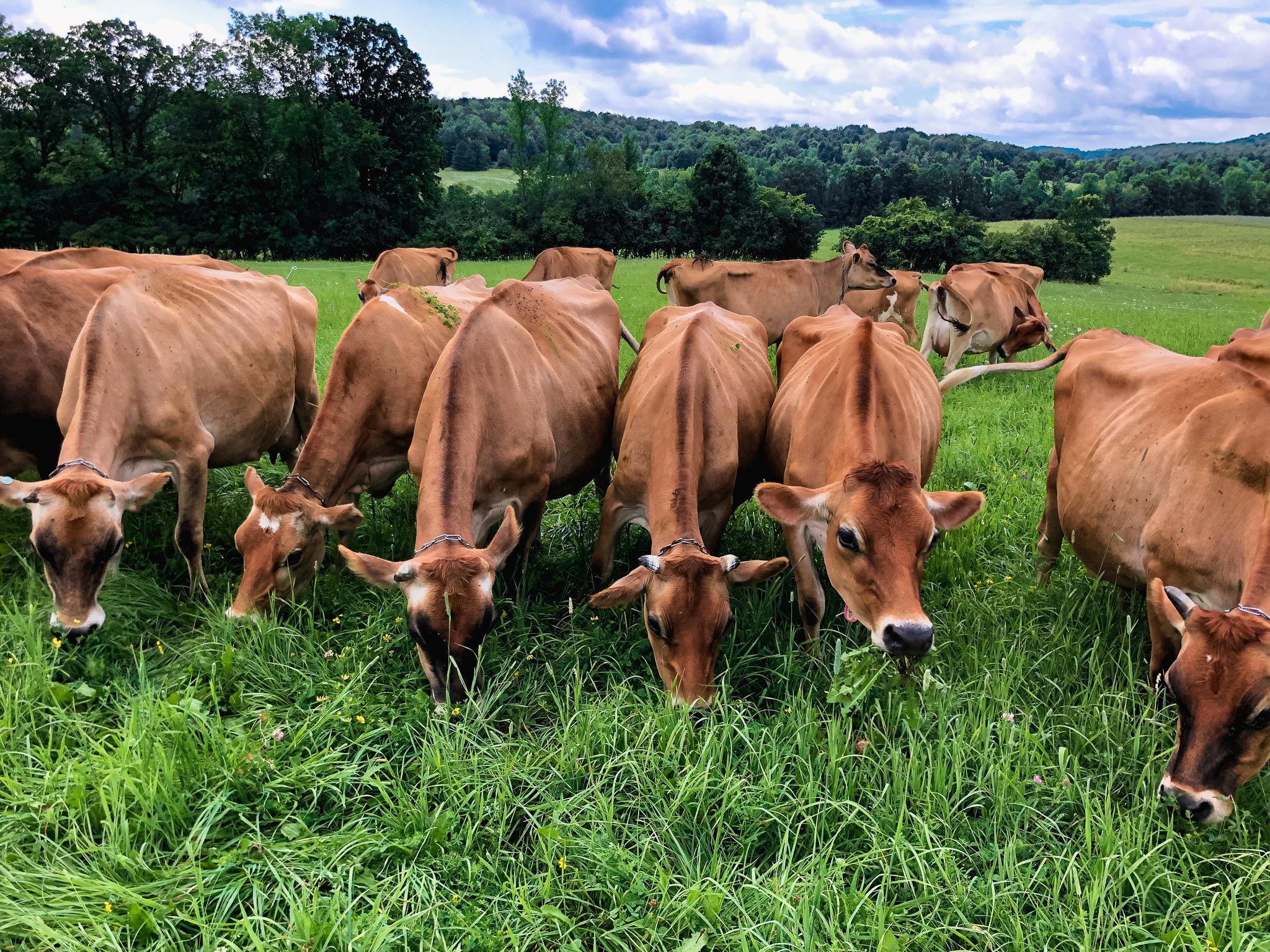The next National Organic Standards Board (NOSB) meeting will be taking place on April 25-27 in Tucson, AZ. The NOSB will be voting on and discussing the use of materials on organic farms and in organic food at this upcoming meeting. As always, it is important for organic producers to be aware of the discussions and to submit public comment regarding these materials and issues affecting the industry.

The deadline for submitting written comments and/or signing up to present oral comments is April 4, 2018.
For access to the agenda, proposals, and instructions for submitting public comments click here.
New Materials: The following generic materials have been petitioned for allowance in organic production and handling, and are on the NOSB agenda for discussion and voting at this meeting.
- Polyoxin D zinc salt for use in organic crop production as a plant disease control
- Sulfur for use in organic crop production as a molluscicide
- Glycolic acid for use in organic livestock production as a teat dip to control mastitis
- Sodium dodecylbenzene sulfonate (SDBS) for use in organic processing and handling as an antimicrobial to treat fruit and vegetables
Sunset Materials (Discussion Only): The NOSB will be discussing several generic materials currently included on the National List of Allowed and Prohibited Substances to determine whether the materials should continue to be listed or should be removed from the National List. The NOSB is requesting public comment about these materials, although the NOSB will not vote on these materials until the Fall 2018 Meeting.
- For crop production: Alcohols (ethanol, isopropanol); Sodium carbonate peroxyhydrate; Newspaper or other recycled paper; Plastic mulch and covers; Aqueous potassium silicate; Elemental sulfur; Lime sulfur; Sucrose octanoate esters; Hydrated lime; Liquid fish products; Sulfurous Acid; Ethylene; Microcrystalline cheesewax; Potassium chloride
- For livestock production: Alcohols (ethanol, isopropanol); Aspirin; Biologics, vaccines; Electrolytes; Glycerin; Phosphoric acid; Lime, hydrated; Mineral oil; Sucrose octanoate esters
- For processing and handling: Calcium carbonate; Flavors; Gellan gum; Oxygen; Potassium chloride; Alginates; Calcium hydroxide; Ethylene; Glycerides (mono and di); Magnesium stearate; Phosphoric acid; Potassium carbonate; Sulfur dioxide; Xanthan gum; Fructooligosaccharides; Gums: Arabic, Carob bean, Guar, Locust bean; Lecithin; Tragacanth gum
The Organic Trade Association has developed a survey system for collecting feedback from certified farms and processors about these sunset materials. Click here to take the survey.

